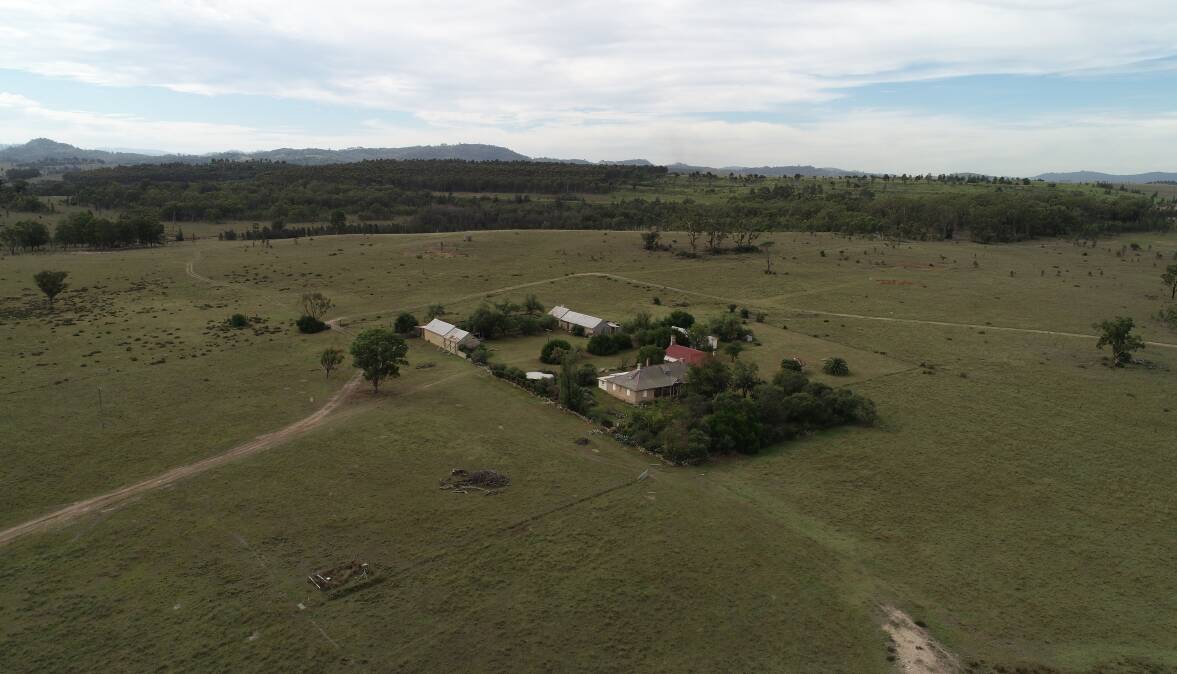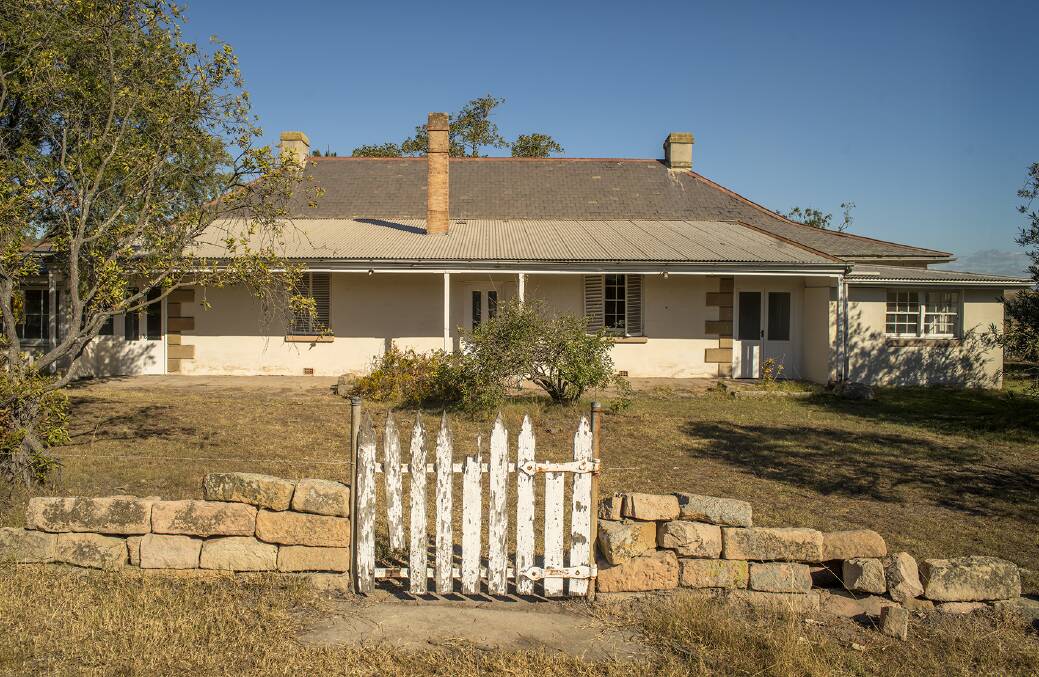
YESTERDAY'S decision by the Independent Planning Commission to refuse permission for mining company Glencore to extend the footprint - and so the economic life - of its Glendell open-cut mine has been welcomed by the environmental movement, and by the Indigenous representatives who championed its importance as a cultural and historic site.
Lock The Gate Alliance called it "a win for heritage and climate", but the commission's media release explaining its decision makes no mention of climate. Indeed, it goes on to say that "key issues ... including ... greenhouse gas emissions ... could be appropriately managed".
Glencore's objection to preserving the 1830s homestead and outbuildings with a suitable buffer zone was economic. It will consider an appeal, but with coal at stratospheric prices, the economic arguments for mining around the homestead become more compelling.
The economic rationale will not go away, either, no matter how forcefully the climate change arguments for not mining coal make their presence felt.
This is the central conundrum.
The election of the Albanese government has given those concerned about climate change a real reason to expect a more environmentally oriented administration than would be the case under the Coalition.
As well, the Intergovernmental Panel on Climate Change (IPCC) has become more strident in its demands that governments everywhere decarbonise their economies by legislating for deep and enforceable reductions in greenhouse emissions.
Canberra, the states and even local councils are under international pressure to toe the line.
Even so, there are parts of the overall equation that mean Australia will continue to rely on coal, and not only - as we almost tire of repeating - because the grid still needs baseload power.
Resources Minister Madeleine King made this argument in her visit to Singleton yesterday.
Five or so years ago, when the banks began to walk away from coal, prices were in a slump that would see them fall to less than $US50 a tonne, and the death of the industry was supposedly imminent.
Now, the federal Budget is benefiting from sustained record commodity prices, driven, in part, by the refusal of mining projects that would normally add to a presently restricted supply.
The world still wants our coal. It's that simple.

ISSUE: 39,740
WHAT DO YOU THINK? We've made it a whole lot easier for you to have your say. Our new comment platform requires only one log-in to access articles and to join the discussion on the Newcastle Herald website. Find out how to register so you can enjoy civil, friendly and engaging discussions. Sign up for a subscription here.







